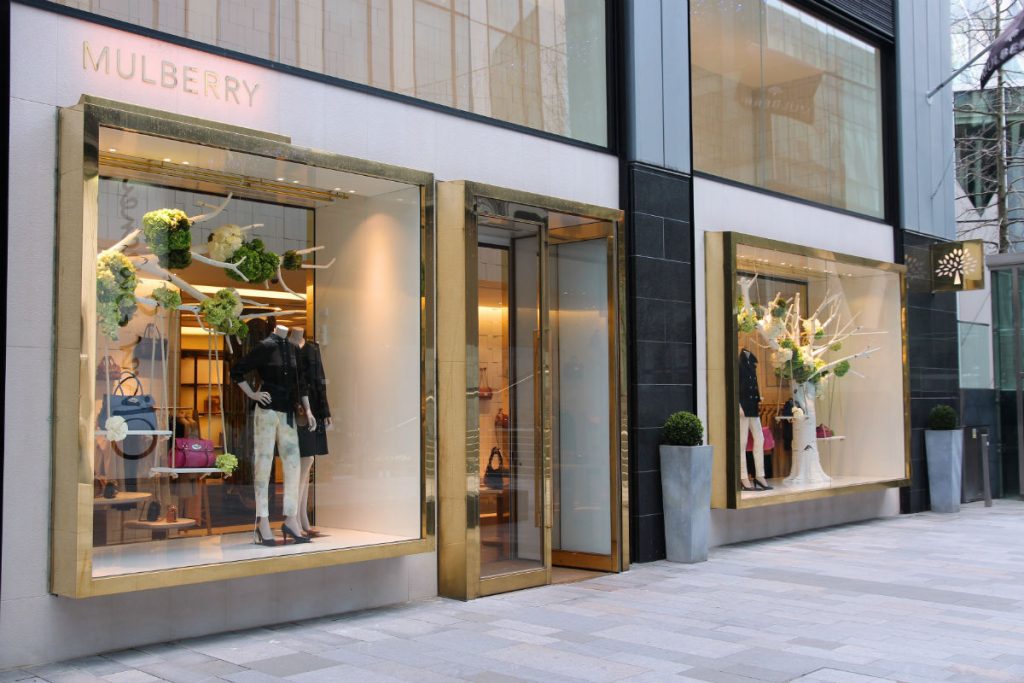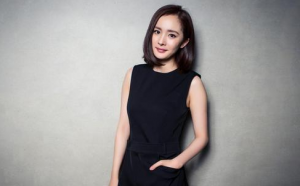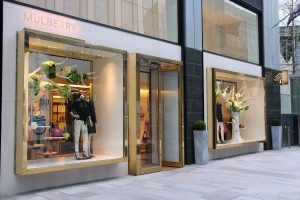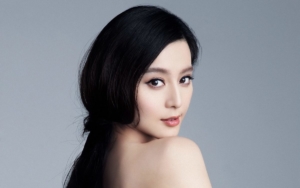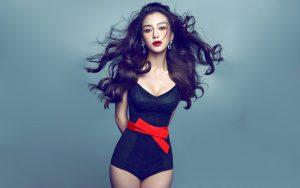The last few months have brought a flutter of Chinese ambassador and partnership reveals from luxury brands, with some more controversial than others.
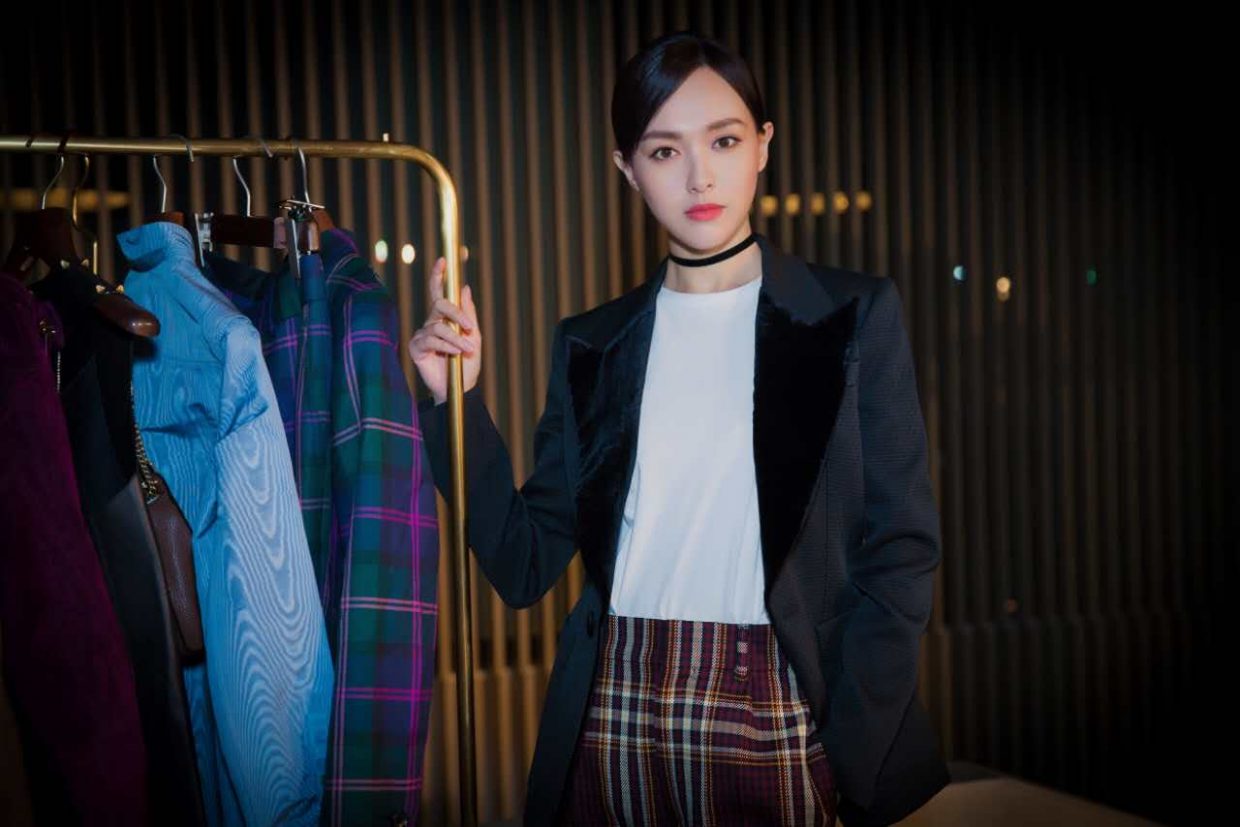
Bally introduced Chinese actress Tiffany Tang as its first Asia-Pacific spokeswoman. (Courtesy Photo)
Despite being one of the first high-end international labels to enter China in the mid-1980s, Bally had yet to tap Chinese influencers for large-scale marketing—that is, until now. The Swiss luxury fashion label announced June 29 that Chinese actress Tang Yan, better known as Tiffany Tang, is its first Asia-Pacific spokesperson.
The 33-year-old actress is known among young Chinese audiences for her award-winning roles in film and television. She also happens to be a close friend of “Tiny Times” star Yang Mi, who has recently been making fashion headlines for working with brands like Michael Kors and Mulberry.
Bally CEO Frédéric de Narp said Tang was chosen as the Asia-Pacific spokesperson for her “authenticity” and her ability to engage Chinese millennials. “We really wanted to take it to the next level and enter a partnership with someone meaningful who would really embrace and represent the brand in Asia and in China,” he said. “When you think of Bally, you think of quality, you think of authenticity, you think of the new generation, and you think of happiness. Bally is a real brand for real people, and so is Tiffany Tang.”
The actress was invited to London earlier this year to shoot Bally’s Autumn/Winter 2017 collection with up and coming model Antoine Duvernois, and the campaign will be officially released in publications in the Asia-Pacific region in September. Tang will also be working with Bally to design an exclusive handbag collection that will be released in early 2018.
Bally’s move to enlist a local celebrity as the face of its brand in Asia comes as it doubles down on its strategy in its most important market. The brand has recently been expanding upon its brick-and-mortar presence (it has 53 stores in the mainland), with omnichannel retail, launching a Chinese-language online shop with localized capabilities as well as a WeChat account. It is also planning to open larger concept stores in Shanghai, Changchun, and Beijing.
The fashion company has also been reportedly on the radar of potential buyers in China, after its parent company JAB Holding put it up for sale along with Jimmy Choo in April.
Using KOLs and celebrities to engage with the young, digitally savvy generation in China is a strategy pursued by many luxury brands looking to tap into the millennial generation. This consumer segment will be vital for luxury brands in the China market, as they are expected to contribute nearly 70 percent of all new consumption in the next three years.
— This article originally appeared on Jing Daily.


